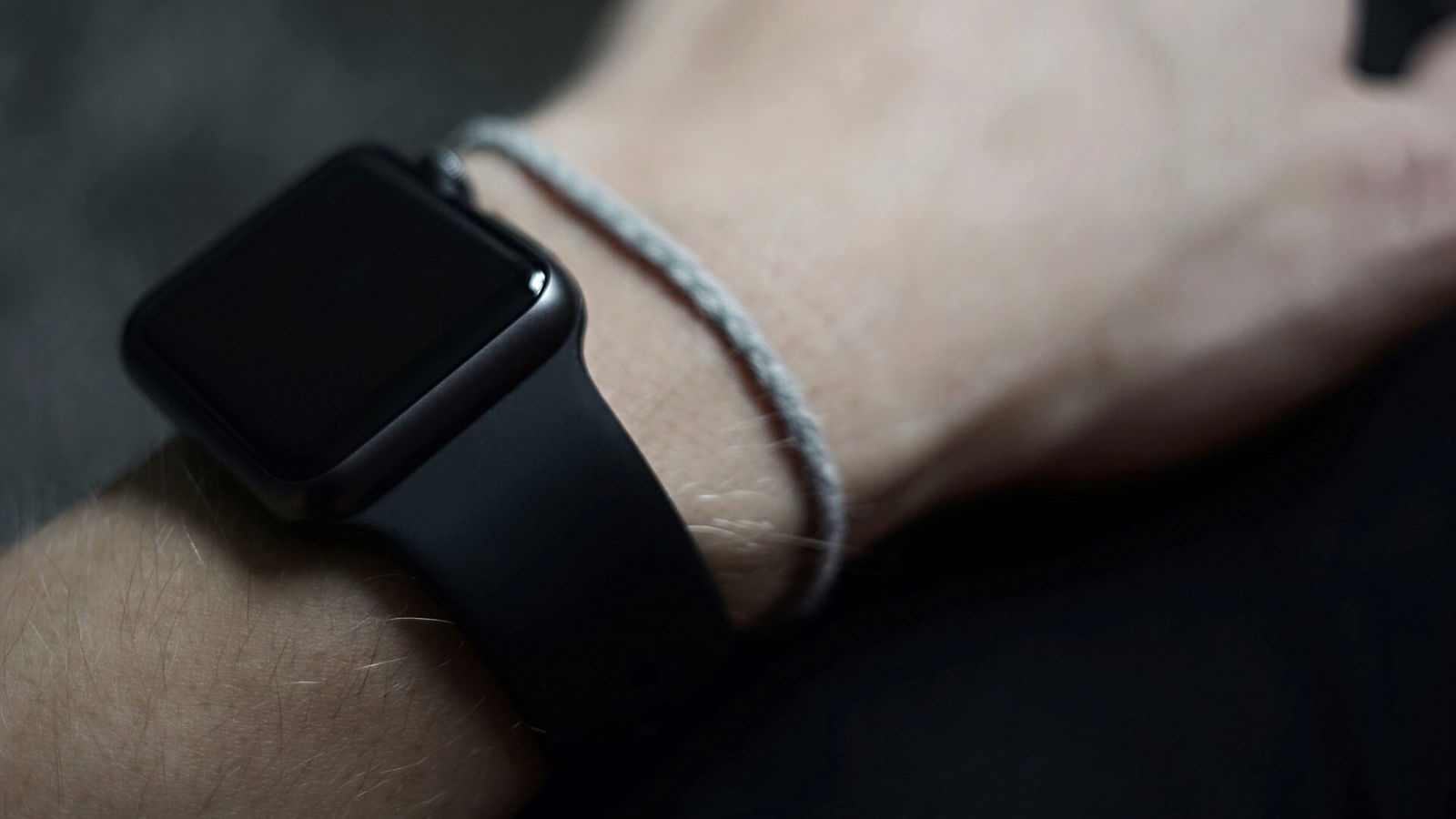Published: September 17, 2024

Why Smartwatches Are a Better Choice for Kids Than Smartphones
By Movieguide® Staff
As technology becomes more integrated into daily life, parents are faced with the decision of when — and how — to introduce their children to digital devices.
Smartphones may seem like a convenient way for kids to stay connected, but experts caution against giving children smartphones too early. In fact, many experts recommend waiting until at least 16 years old before introducing a smartphone due to the risks of distraction, exposure to inappropriate content and increased screen time. For parents seeking a safer, more controlled alternative, smartwatches offer the perfect balance of communication, activity, and security for kids. Here’s why a kids’ smartwatch is a better choice than a smartphone.
1. Fewer Distractions
Smartphones are packed with apps, games, and social media platforms that can quickly consume a child’s attention. This can lead to excessive screen time and distractions from school, family activities or sleep. Smartwatches, on the other hand, are designed with simplicity in mind. They offer only the essential features, reducing the temptation of endless scrolling or gaming and helping kids stay focused on what’s important.
2. Encourages Physical Activity
Smartwatches come with features like step counters, fitness goals and movement reminders, encouraging kids to stay active throughout the day. In contrast, smartphones often encourage a more sedentary lifestyle, with kids spending hours playing games or browsing the web. A smartwatch helps instill healthy habits early on, promoting physical activity and reducing the risks associated with long periods of inactivity.
3. Improved Safety and Communication
Smartwatches often come with built-in GPS tracking, allowing parents to monitor their child’s location in real-time. This gives parents peace of mind, knowing they can always check in on their child’s whereabouts. Additionally, smartwatches offer the ability to call or text only pre-approved contacts, ensuring safe and controlled communication without the risks associated with unsupervised access to the internet or social media.
4. Limits Screen Time
Experts agree that too much screen time can be harmful to children, affecting their mental health, sleep patterns and overall development. Smartwatches naturally limit screen time due to their smaller display and limited functionality. This means kids spend less time glued to a screen and more time engaging in physical, social and creative activities. A smartwatch gives them the ability to stay in touch without the overwhelming distractions of a smartphone.
5. Parental Controls
Many smartwatches come equipped with robust parental controls, allowing caregivers to manage their child’s access to features, apps and contacts. Parents can decide who their child can communicate with, track their location and even set limits on how long the watch can be used. These controls make it easy for parents to introduce technology in a responsible way, all while keeping their child safe.
6. Promotes Responsibility
Smartwatches help teach kids responsibility by providing them with features like reminders, task management and alarms. With a smartwatch, children can manage their schedules, keep track of their tasks and set reminders — all while learning valuable time-management skills. The simplicity of the device encourages children to take responsibility for their own activities without the distractions that come with a smartphone.
7. Fosters Independence in a Safe Way
Parents looking to give their children some independence without the risks associated with smartphones may find that a smartwatch is the perfect solution. Smartwatches allow kids to stay connected with family, manage their time and complete tasks independently, while still providing parents with the security of GPS tracking and communication controls.
8. Encourages Positive Habits
With features like activity reminders and task management tools, smartwatches encourage children to develop positive habits early on. Whether it’s staying active, getting homework done on time or following a schedule, smartwatches help reinforce healthy routines and personal discipline.
9. Cashless Payments with Apple Watch
One standout feature of devices like the Apple Watch is the ability to make cashless payments. Apple Pay allows parents to preload funds onto their child’s watch, enabling kids to make small, pre-approved purchases such as snacks or school supplies. This feature introduces children to financial responsibility in a secure and controlled way, helping them learn the basics of money management while ensuring safety and convenience.
10. Experts Recommend Waiting on Smartphones
Experts often advise parents to delay giving their children smartphones until they are at least 16 years old. Research suggests that early access to smartphones can expose kids to cyberbullying, inappropriate content and the addictive nature of social media. A smartwatch provides a middle ground, allowing children to experience some independence without the full exposure to the online world. For families looking to hold off on a smartphone while still giving their children a way to communicate and learn responsibility, smartwatches are the ideal solution.
Conclusion: A Smart Choice for Kids
In a world where technology is increasingly unavoidable, smartwatches provide a safer and healthier alternative to smartphones for kids. They limit distractions, promote physical activity and offer essential communication features without the risks of excessive screen time or exposure to harmful content. With the added convenience of cashless payments and expert recommendations to wait until at least age 16 for smartphones, smartwatches are a thoughtful choice for parents who want to equip their children with technology that aligns with their family’s values.
By choosing a smartwatch over a smartphone, you are providing your child with a tool that balances independence and safety, preparing them for the responsibilities of the digital world in a way that protects their well-being.
Questions or comments? Please write to us here.


 - Content:
- Content: 

